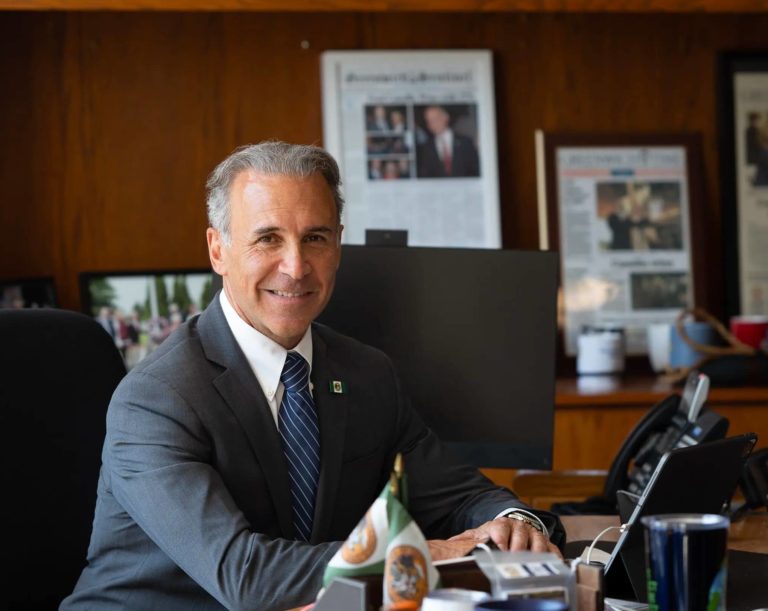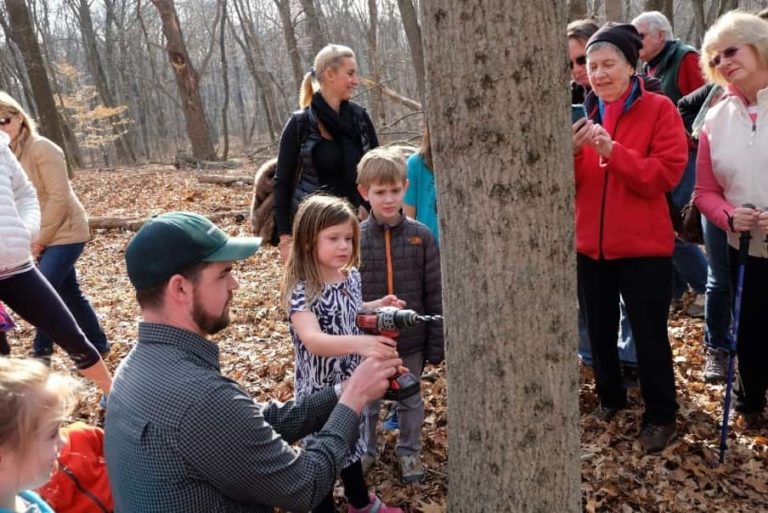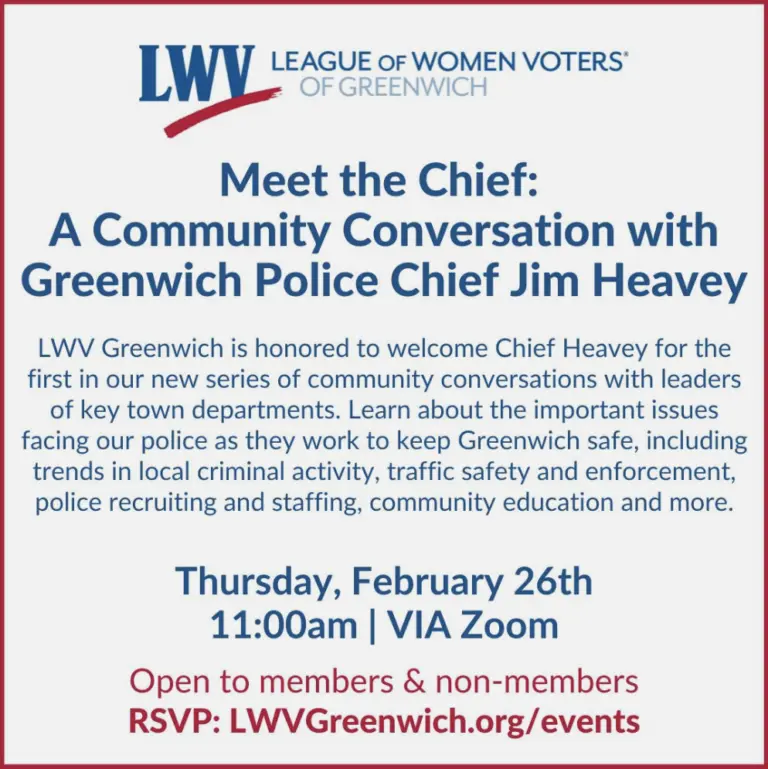By Edward Horstmann
“We’ve got spirit, yes, we do, we’ve got spirit how about you?” When I was a high school student, that chant was shouted back and forth between fans of opposing teams during football games. Even if our team did not always win, we wanted to show school spirit; that we were proud of their efforts no matter the outcome.
When we say that someone has spirit, we are giving that person a compliment. It is a way of affirming an especially high level of energy and engagement. When we applaud that same vigor in groups, we recognize team spirit. We may not be able to define exactly what we mean when we use that phrase. But we can sense spiritual vitality, and we are claiming that people are most likely to flourish when this essential intangible is present in what we are doing.
There are stories throughout the Bible that elevate the significance of spiritual energy. The Bible begins with a story about the Spirit of God hovering over an unformed creation, looking for a way to turn chaos into order. When the prophet Isaiah dreamed of a world without war, he imagined a Spirit-led leader who would make this dream come true. “The spirit of the Lord shall rest on him, the spirit of wisdom and understanding…the spirit of knowledge and the fear of the Lord.” When Jesus used his first sermon to map out his job description, he revealed the source of his motivation: “The Spirit of the Lord is upon me,” he said, “because he has anointed me to bring good news to the poor.”
These stories describe the Spirit’s indispensable impact on life-giving activity. But there is one biblical story about the Spirit that teaches by negative example and demonstrates how it is possible to abuse this gift. The key actor in that story of abuse was Samson.
Before ancient Israel was governed by kings, judges like Samson provided leadership for the people. Dedicated to the service of God even before he was born and sworn never to take strong drink or shave his head as signs of that connection, the Spirit was present throughout his life. But he used his gifts for cleverness and brute strength in wanton acts of destruction. He was especially good at taunting and killing Philistines, who were enemies of the Israelites. But through Samson’s wife, Delilah, a band of Philistines learned that the key to Samson’s strength was his long hair. One night they invaded his home, cut off his hair, blinded him, and put him in prison.
Eventually Samson’s hair grew back, and along with it his strength. When he was put on display for worshippers in a religious temple that honored one of the Philistines’ gods, he exacted revenge by pushing apart two great pillars that supported the building. When the pillars collapsed, so did the entire structure, with unpleasant consequences for all those in attendance.
Samson used his spiritual energy for selfish ends. And his story confronts us: what are we doing with the power that God has given to us? How do we want our leaders, locally and nationally, to use their power? We do not have to look hard at the world around us to see how power is abused in the pursuit of selfish gains. The plight of the environment, the gap between the wealthiest and the poorest: these are the most obvious indications that we are not using our spiritual gifts to create a world that is full of fairness and reverence.
Braver Angels is an organization dedicated to tapping our power for listening and respect, rather than division and derision. At a recent meeting of the Greenwich Fellowship of Clergy, one of our local pastors, the Rev. Karen Halac, described how Braver Angels seeks to depolarize the current toxic political environment. As the organization’s website proclaims: “Braver Angels is leading the nation’s largest cross-partisan, volunteer-led movement to bridge the partisan divide for the good of our democratic republic…The American Hope campaign is equipping Americans across the political spectrum to work together and demand the same of politicians from both parties.” Unity for the common good is a sure sign of the Spirit’s presence.
St. Paul, whose letters form a portion of the New Testament, provided a litmus test for making good use of spiritual energy. “The fruit of the Spirit,” he wrote, “is love, peace, joy, patience …” Nothing there about selfishness, revenge, bitterness, or bullying.
During election season we enjoy a special opportunity to shape our nation’s moral priorities and the legacy we will leave to future generations. But however the elections turn out, each of us has our own choices to make about how we can amplify and share the spiritual gifts entrusted to us. Every day we can elect ourselves as people of the Spirit. Every day the Energy of Life calls out to us to choose love, justice, and respect. We can greet each day with the declaration: “The Spirit of the Lord God is upon us.” So, let’s claim our spiritual power and live in the service of compassion, especially for those loved least, until as it is in heaven, so shall it be on earth.
The Rev. Dr. Ed Horstmann is the Senior Pastor/Head of Staff at Round Hill Community Church in the back country of Greenwich where he lives with Susan, his wife. He is an artist, and Susan and Ed, along with, Dot, their feisty Miniature Schnauzer, are faithful fans of the Minnesota Vikings.



